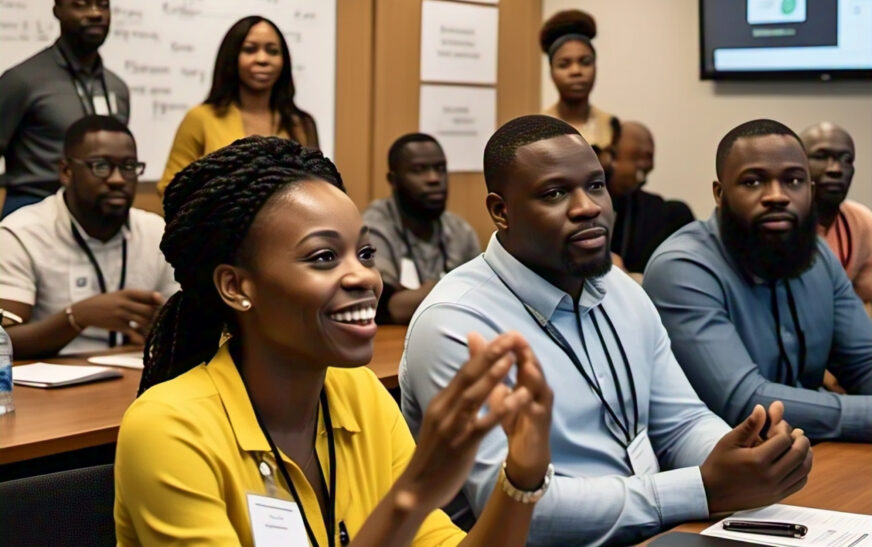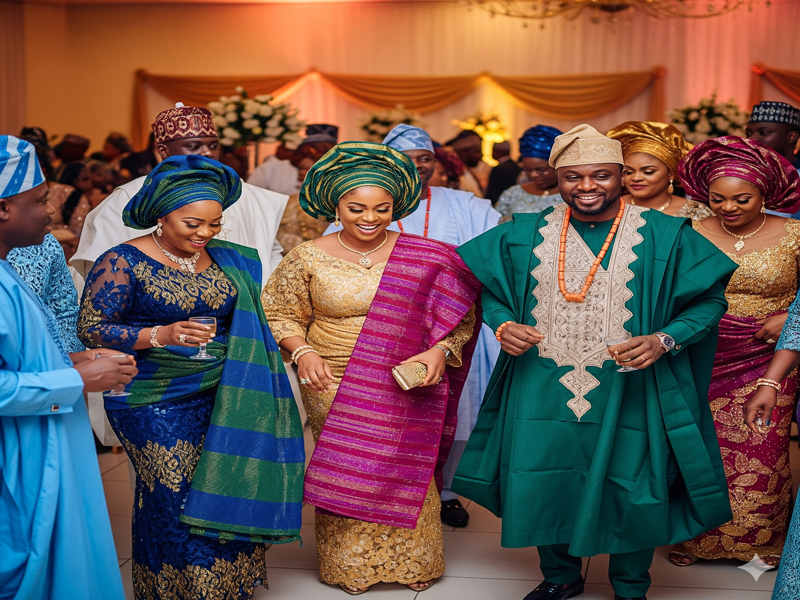About 72% of business leaders believe that effective communication, especially in event management, has a huge impact on productivity. It is the most sought-after skill for many employers and it is highly a must-have skill for the event manager.
To make effective communication work for you all the time, you must put to use this crucial skill in your daily life and interactions; in other words, it must become a lifestyle. It is that skill that enables the event professional to ensure that execution is under total control and mobilisation of both tangible and intangible resources is as it ought to be. Unfortunately, many often misunderstand effective communication to be acquiring sophisticated communication gadgets that will aid in communication amongst the team.
Precisely effective communication is a broad phenomenon that can be related to almost all endeavours of life. But in the context of event management, effective communication can be described as choosing the best form of language and channels or avenues of conveying information or ideas to your team members and/or vendors in such a way that they all understand the information and can provide corresponding feedback as needed towards meeting a set target.
Now that you know what effective communication is to an event professional, let’s examine a few super ways you can make effective communication work for you as an event manager.
1. Make effective communication work for you through Active listening
It is necessary to distinguish between active listening and listening in order to comprehend what active listening is. When you hear and perceive sounds, you are actually listening. But active listening is when the event manager makes a deliberate effort to fully engage with the speaker, who may be a client, vendor or guest, not to hear mere words only but to decipher the meaning and the emotions behind the words. This is to enable the event manager to provide feedback through responses that are verbal or nonverbal.
For this to happen, the mind and consciousness of the event manager have to be present in the conversation that is ongoing. It has to be listening to comprehend and not listening to respond or defend. To be an active listener, don’t assume that the other person in the conversation understands what you have said until there is favourable feedback and vice versa
2. Make effective communication work for you by Outlining expectations
Your expectations are the desired outcomes you wish to be accomplished. They are the underlying factor for why you are communicating. Another super way to make effective communication work for you as an event manager is to consciously outline your expectations when communicating with members of your team.
Clearly defining objectives, roles, assignments, due dates, and results is crucial for event managers. To guarantee the success of the event, you have to ensure that all members of staff, vendors, and clients are in agreement.
3. Use the most suitable communication channel or tools
Effective communication depends largely on how you communicate, and this may include the channels or the tools you decide to involve in communicating. I had mentioned earlier that effective communication is not in how sophisticated the communication tools are but in how simple it is and how it is able to make every other person in the team get the correct messages as and when it ought to.
Before choosing the best communication tools to deploy, do due diligence to discover and eliminate the communication barriers that may exist among the team. In doing this, you are using the bottom-up approach to discover the best communication channel that will promote effective communication among the team.
4. Timely updates
Timely updates are an essential component of event management, which operates in tandem with project management principles. This keeps everyone on the same page about the most recent developments and possible obstacles, enabling proactive problem-solving, informed decision-making, and overall project control.
With this move, you have effectively kept communication lines open and everyone is abreast of how the processes are going from the pre-event through to the post-event phases. In addition, they are encouraged to trust and have confidence in your reputation.
5. Pay close attention to concerns from client or team members
Complaints or concerns are signposts that could provide you with valuable direction and discretion, so do not joke with them. However, this may not be the case all the time, but ensure you give active listening to them because you may never know which will cause damage or enhance the success of the event.
One sign that this skill will help to establish is that you are accommodating and have a listening ear. In essence, the client or the team members become a gatekeeper, helping you to censor the kind of information that goes around them. They will always run to you to confirm certain things or information they are privy to. This makes you aware of the grapevine information that may be valuable for critical decisions.
6. Follow the feedback principle
Finally, let’s look at the feedback principle as a super way of letting effective communication work for you.
The feedback principle is idea that says obtaining information about one’s own performance can help a system be improved or regulated, enabling it to adapt and make the required adjustments to get a desired result;
In the context of effective communication for the event professional, feedback can help to improve the ways of communicating, including discovering the most suitable channels to deploy in order to reduce unnecessary interferences. To get feedback, have a routine conversation with your team for them to tell you how well they receive what you convey to them. You may design a form or use a simple technology to achieve this.
In conclusion, making effective communication work for the success of the event depends predominantly on the event professional, who must develop this essential skill and use it as a tool to support performance and productivity.










